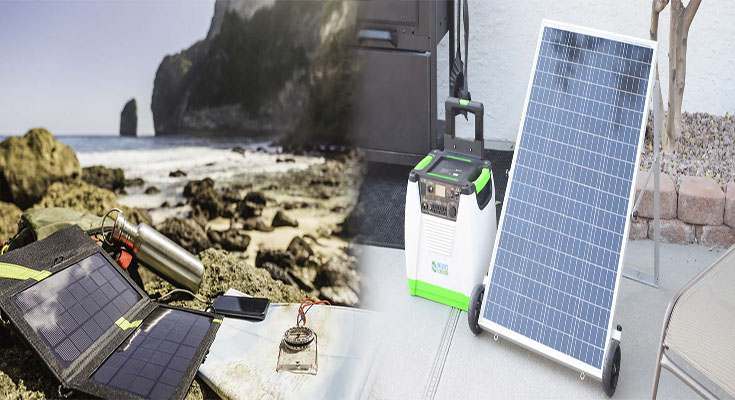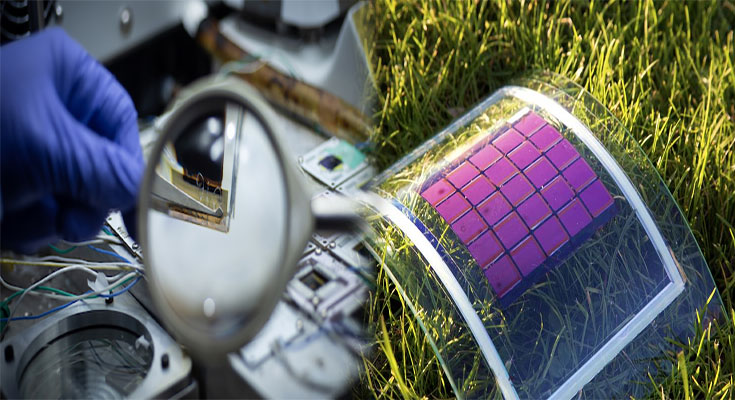
Compact and Efficient Portable Solar Power Systems for Residences
With the increasing demand for renewable energy solutions, solar power has emerged as a promising option to meet the energy needs of residential spaces. In particular, compact and efficient portable solar power systems have gained popularity due to their convenience and ability to provide sustainable electricity even in remote areas. These systems offer an innovative way for homeowners to harness the power of the sun and reduce their reliance on traditional energy sources. Let’s delve into the advantages and optimization strategies for compact and efficient portable solar power systems.
Advantages of Portable Solar Power Systems for Residences
Versatility and Portability
One of the main advantages of portable solar power systems is their versatility and portability. Unlike fixed systems, portable solar power systems can be easily moved and repositioned according to the sun’s trajectory. This flexibility allows homeowners to maximize energy generation by placing the panels in optimal locations throughout the …
Compact and Efficient Portable Solar Power Systems for Residences Read More

